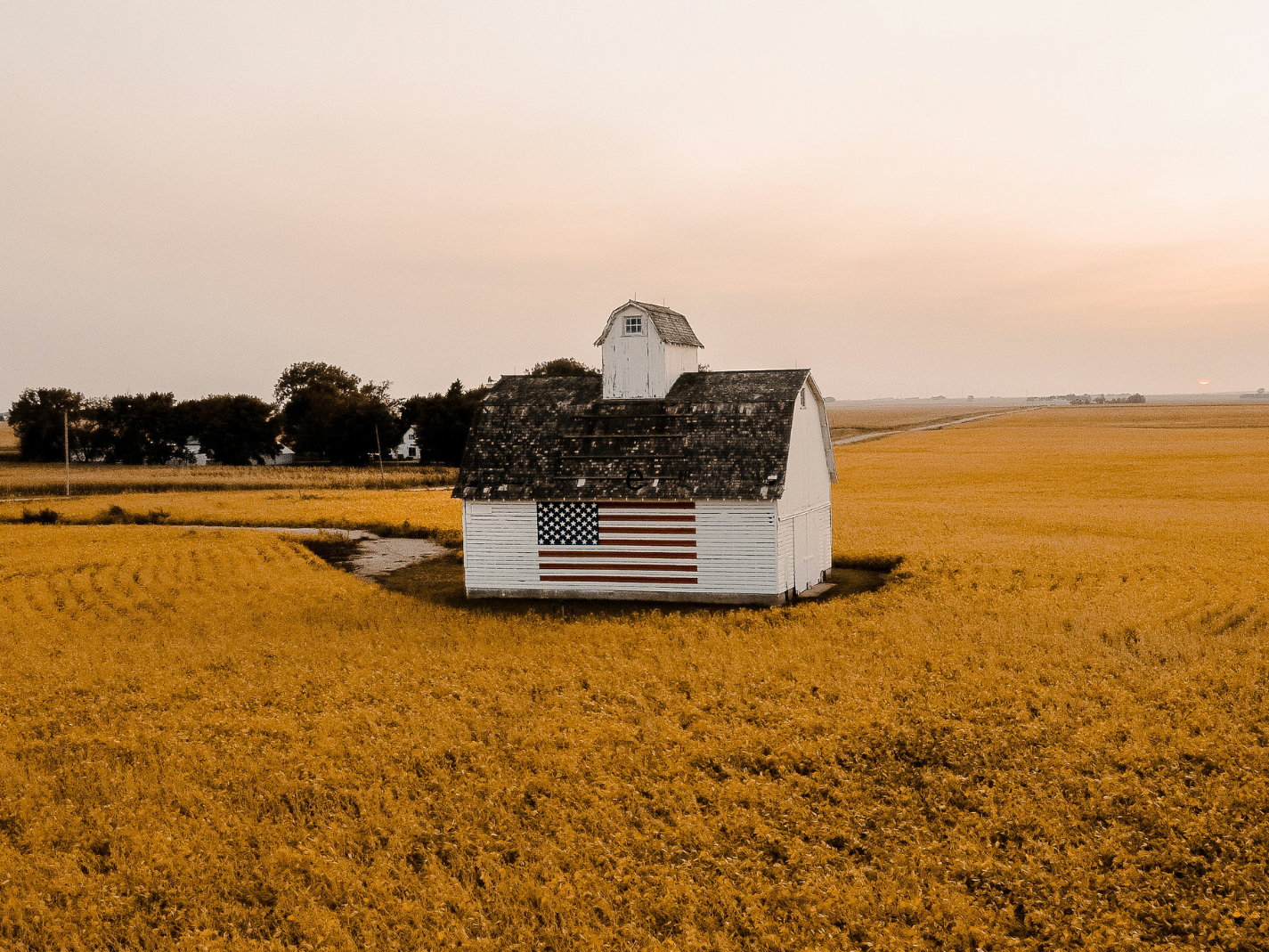The Oregon Association of Scholars is a model for education reformers around the nation. Education reformers also should be working to prepare state legislative testimony! Then, in Long Slog news, find out how university administrators work to nullify legislative intent with niggling “interpretations”—and what should be done to counter their work. All this and more in the latest Resolute …
Model Work Out of Oregon
The Oregon Association of Scholars (OAS), a NAS state affiliate, has been doing excellent work on K-12 education in Oregon. They found a smoking gun to prove that Oregon’s “Holocaust and Genocide Education” is being used to smuggle in the 1619 Project curriculum, as well as “Histories of White Supremacy in Oregon (including anti-Black racism, settler colonialism, migrant experience, Chinese exclusion, indigenous resistance, etc.” and “Current-day Oregon social justice movements and events.” They’ve also done a great job keeping Oregon’s Department of Education accountable in their Oregon’s “Equitable Graduation” Report, drafted in collaboration with Save Oregon Schools. The crucial text:
ODE violated the terms of the bill in writing its report. It misused and misunderstood various research findings; it ignored widely available evidence that points to conclusions different from those it reached; it engaged in plagiarism and Google-search research; and it made racist attacks on the people and students of Oregon. In short, this report finds that ODE has violated its mission to provide an objective report as required under SB 744.
OAS’s work deserves mention in itself. But we publicize it particularly because it should be a model for education reformers around the nation. We need continued work at the state level, cooperation among education reform groups, and close inspection of state education departments, including close reading of all their reports and contracts. OAS shouldn’t just be read, but imitated.
State Legislative Testimony
In-person state legislative testimony is a crucial part of education reform. That testimony is part theater and part substance—legislators partly want someone to testify for something they’re inclined to do anyway, but testimony is a crucial index that the public cares enough about an issue to speak before the legislature. Then, too, written testimony can be skimmed; in-person testimony holds attention. This is important not least because state legislators must divide their attention among a host of issues—even within education committees, civics education reformer must compete for attention with proponents of everything from computer science education to vocational education to teacher pension reform. We must compete for notice not only with our enemies, but with our friends, and with people who simply have very different priorities.
The Civics Alliance has done some testimony work. But education reformers should be prepared in every state to offer testimony—in favor of American Birthright, in favor of social studies reform, in favor of every policy reform related to restoring K-12 and higher education, and ideally grounded in concrete details of what is happening in their states’ schools. If you know of good examples of such testimony, please send them in! If you would like to be prepared in advance to give such testimony, please send in email (randall@nas.org), so we can work to help you.
Legal Interpretation Minimizing State Statute
Texas recently passed into law Senate Bill 17, which was intended to end DEI programming in Texas public universities. Texas education reformer Louis Bonham astutely predicted that the law, since drafted to be toothless, would have minimal effect. Now the Texas A&M University System’s Office of General Counsel has published guidance that confirms Bonham’s prediction: Texas A&M will interpret SB 17 as narrowly as possible, to nullify as much as possible of its effect.
Texas’ experience is a challenge, not a cause for despair. Administrative gamesmanship by universities to nullify legislative intent always was in the cards. Education reformers must be prepared to counter such games. They must write explicit, extensively detailed laws that cannot be interpreted away by hostile universities. They must provide sanctions to ensure compliance, both in public K-12 schools and in universities. Above all, education reformers must inform policymakers that they must replace the personnel in public universities—the Boards of Regents and the university presidents. These new personnel must in turn appoint provosts and deans eager to pursue education reform. Education reform ultimately requires personnel on the ground who wish to reform the universities.
The Importance of History
Resolute temporarily engages in self-promotion. I think my essay “Now is the Time to Renew History Departments” at the James G. Martin Center for Academic Renewal makes a good case for the need to engage in immediate salvage work for university history departments:
Americans are forgetting their history because there are no tradition-minded history professors to pass on that story. The radicals who hate American history teach their hatred instead, above all to the nation’s future K-12 social-studies teachers. They pass on this hate-reading of American history to our children.
The Civics Alliance focuses on K-12 social studies education, but reform of university history departments is necessary to make that happen.
State Social Studies Standards: What’s Coming Up
- Maine. Maine’s Department of Education is in the final stages of preparing its draft revised social studies standards, and will probably release them in early October 2023. There will be a public comment period in early October. We will read the draft ASAP and prepare comment.
- Alaska: Alaska’s Department of Education contracted with the American Institutes for Research to provide draft social studies standards. These draft standards are scheduled to be submitted to the State Board of Education and posted for public comment in March of 2024.
- West Virginia. Social studies standards will be reviewed through January 2024, and presented to the State Board of Education in April 2024.
If you have news we don’t please write in and say! – but as far as we can tell, that is the state of play for the present moment.
2026 Civics Curriculum
The Civics Alliance’s Missouri state affiliate, The Educated Citizen Project (ECP), has begun the first stage of its 2026 Curriculum (draft title). ECP will build out from the American Birthright civics standards to provide a curriculum map and a full series of lesson plans, available free of charge for the public. The 2026 Civics Curriculum (draft title also) will provide a model for further initiatives to create curriculum maps and lesson plans for each of the individual grade standards in American Birthright. Standards and lesson plans will work together: lesson plans will encourage states and school districts to adopt American Birthright, and American Birthright standards will encourage teachers to adopt these lesson plans. The ECP initiative deserves enthusiastic applause from all social studies reformers.
More immediately, the ECP initiative welcomes support. It needs 5–10 curriculum designers, who should have at least five years of experience teaching high school social studies, including government/civics classes. For the moment, since the ECP initiative has just begun, it is unfunded, so these would have to be volunteers for now. The ECP initiative therefore would also welcome funding, above all to provide honoraria for curriculum designers! Please email David Randall and/or Mary Byrne if you have suggestions about either curriculum designers or funders.
Providing standards and lesson plans is still only the beginning of our campaign. We must craft textbooks, professional development, and more. But the pieces are falling into place, one by one.
Civics Alliance Now Has Ten State Affiliates
The Civics Alliance is building a network of state affiliates—groups dedicated to removing action civics in their states, whom we will list on our website. Our newest state affiliate is Nebraska, run by Dennis Applegarth. Welcome, Dennis and Nebraska! We now have ten affiliates, in Alabama, Colorado, Georgia, Mississippi, Missouri, Nebraska, Ohio, Pennsylvania, Rhode Island, and Texas. If you would like to form such an organization, or suggest an existing organization, please get in touch with David Randall (randall@nas.org).
Monthly American Birthright Zoom Meeting
The Civics Alliance will have its monthly Zoom session devoted to social studies standards reform on Monday, October 2, at 2:00 PM Eastern Time. Please email randall@nas.org if you would like to join these monthly Zoom meetings.
Social Studies Standards Revision Schedule
2023: Maine
2024/Current: Alabama, Alaska, Arizona, Connecticut, Idaho, Kentucky (partial), Montana, Ohio, Oklahoma, Oregon, West Virginia, Wisconsin, Wyoming
2025: Kentucky, Nebraska, Texas
2026: Colorado, Maryland, North Dakota, South Carolina
2027: Hawaii, Kansas
2029: Louisiana
2030: Minnesota
2031: Illinois
No Revision Currently Scheduled: California, Delaware, Florida, Georgia, Iowa, Massachusetts, Michigan, Missouri, New Hampshire, New Mexico, New York, North Carolina, Pennsylvania, South Dakota, Tennessee, Utah, Vermont, Virginia, Washington
Please email David Randall (randall@nas.org) if you are interested in further information about your state’s social studies revision process, and what you can do to participate.
Continuing Priorities: Federal Legislation
At the federal level, the Civics Secures Democracy Act threatens to impose action civics nationwide.
The Civics Bill Tracker
Civics Alliance members may now use the Civics Bill Tracker to track all proposed federal and state legislation related to civics.
Public Action
We encourage Civics Alliance members to inform the public and policymakers about the stakes and consequences of action civics bills.
David Randall is Executive Director of the Civics Alliance and Director of Research at the National Association of Scholars.
Photo by Adobe Stock



